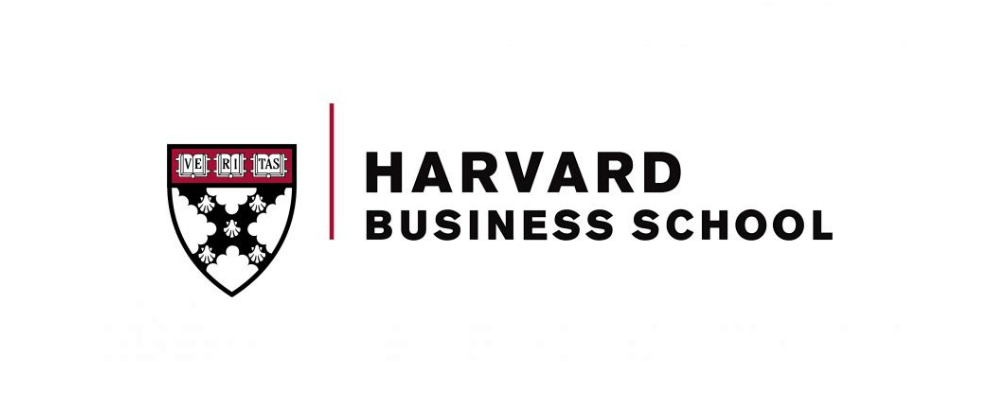A new study of startups sharing a coworking space offers a new wrinkle in the debate over work-from-anywhere: Proximity matters, especially close proximity, to spread knowledge between disparate enterprises.
“The more different the startups are, the more they’re going to benefit from being nearby,” says Harvard Business School assistant professor Maria Roche, one of the paper’s authors. And here’s a surprising part: The knowledge spillovers happen most within a radius of 20 meters, or 65 feet.
Neighborly influence falls off dramatically beyond that distance—so much so that the individual startups might as well be located on different floors entirely, Roche says. And, the benefit, as measured by how much neighbors adopt each others’ web technology, is strongest when the neighboring startups focus on very different markets and share some social interactions.
“The reality today is, we are unlikely to speak to people who are very different from us unless there is some sort of mechanism that brings us together.”
The work provides a deeper understanding of the importance of physical proximity as organizations seek the best ways to balance in-person and remote work in the wake of the COVID-19 pandemic. Four years after the pandemic sent workplaces into lockdown, organizations continue to weigh the benefits of collaboration from time together against the focus gained remotely.
“The reality today is, we are unlikely to speak to people who are very different from us unless there is some sort of mechanism that brings us together,” says Roche. “Our study shows that geography can be super powerful because you don’t necessarily pick who you’re going to run into, as it’s more provided by the physical environment.”
Roche cowrote the paper, recently published in Management Science, with Christian Catalini, a research scientist at the MIT Sloan School of Management, and Alexander Oettl, a professor at the Georgia Institute of Technology’s Scheller College of Business.
Over 200 startups under one roof
The team drew their conclusions based on a study of a five-floor, 207-room, 100,000-square-foot coworking space that is one of the largest of its kind in the United States. The facility hosts companies focused on financial technology, marketing technology, and software development, and assigns office space to new entrants randomly.
The researchers built extensive data profiles of each firm, including the actual walking distances between offices, to determine if and how much neighboring companies influenced each other’s website technologies, or “tech stack.”
A company’s tech stack fundamentally shapes a startup’s success, the authors write. During the study period, startups in the sample adopted an average of 7.3 new web stack technologies; more than half brought on at least one new technology.
In total, the study covers 251 companies that spent time in the coworking space between August 2014 and January 2017, allowing researchers to assess proximity’s influence across interactions between nearly 11,000 unique company pairings.
Roche and her coauthors included additional factors in the study, such as the makeup of individual firms and their industries, the impact of social events within the coworking space, and whether knowledge-sharing leads to greater success in raising investment capital.
Magic happens within 20 meters
Startups within 20 meters of each other influence each other the most in the choice and implementation of web technologies. According to the study, working within that short distance increases a company’s probability of adopting a neighbor’s technology by 3 percentage points.
Beyond 20 meters, the influence of proximity declines quickly. The study found that doubling the distance between two firms reduced the probability of technology adoption by 1.7 percent. Startups over 20 meters apart “behave as if they are on different floors altogether,” Roche writes.
Knowledge sharing between neighbors is highest when the two companies fundamentally differ along product market and socio-demographic features. The study found that the rate of peer technology adoption increased by 3.7 percent when it involved companies in different markets. That may be in part because there’s less redundant knowledge to begin with.
The effect is highest when workers at the startups socialize. When startups share common areas like kitchens, the “distance of influence” increases, and more knowledge spills over to farther flung startups.
Startups in moderately diverse environments (within 20 meters)—a composite measure based on variables like product market—that share what they know while also participating in coworking social events can help each other gain traction. The study showed that those firms are more likely to receive at least $1 million in seed funding.
In-person is especially important for innovation
Roche stresses that the team’s findings pertain specifically to the influence of proximity on technology adoption in startup coworking environments. However, she adds that the study does provide insights into the importance of real-life interactions and the best way to design collaborative workspaces, including business incubators.
“Being physically in the same place as others that have different backgrounds becomes pretty important.”
Knowledge and experience are critically valuable resources for startups and smaller organizations, but they are often in scarce supply. Colocating with diverse firms in terms of background and business model can help fill the gaps, “and that’s going to be where you get the really different information,” Roche says. “And that information in turn can help you come up with especially novel ideas.”
Roche suggests that in-person interactions may be particularly important if your organization depends on innovative thinking for success. “In that case,” she says, “you are going to need access to information you don’t already have. And so, being physically in the same place as others that have different backgrounds becomes pretty important.”
You Might Also Like:
Feedback or ideas to share? Email the Working Knowledge team at hbswk@hbs.edu.
Image: iStockphoto/cagkansayin
“Harvard Business School is the graduate business school of Harvard University, a private research university in Boston, Massachusetts. It is consistently ranked among the top business schools in the world and offers a large full-time MBA program, management-related doctoral programs, and executive education programs.”
Please visit the firm link to site





